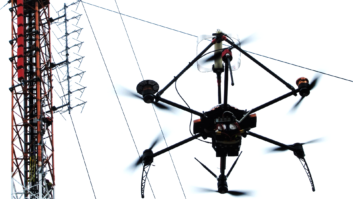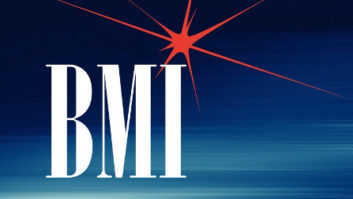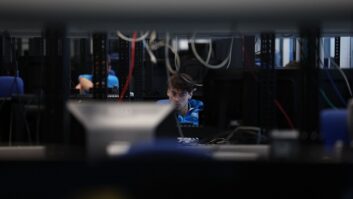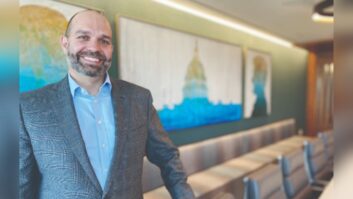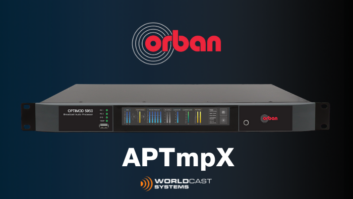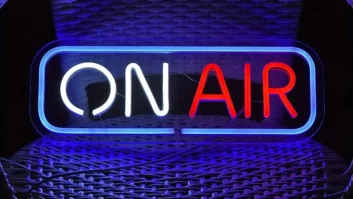While supporters of a performance royalty overhaul have not introduced a bill in this session of Congress to apply the same standard to all forms of radio, signs are the issue is heating up in advance of lawmakers returning to Capitol Hill this fall.
Republican Rep. Jason Chaffetz of Utah has begun writing a bill to replace the so-called “willing buyer/willing seller” standard with the 801(b)(1) standard in setting royalty rates, we’ve reported.
Pandora has been lobbying for Internet audio services to pay the same rates as other forms of digital radio, like satellite radio and audio services on cable systems.
Rep. Bob Goodlatte, (Va.), who wants to be the next chairman of the House Judiciary Committee if he wins re-election, told C-SPAN in June that the way performance royalties are set needs to be looked at and he may introduce legislation to do so. It remains to be seen how such a version might affect AM/FM streams.
Now, the Brookings Institution has released a paper on just that, titled “Digital Music Broadcast Royalties: The Case for a Level Playing Field.”
John Villasenor writes the current rates reflect a two-tiered system in copyright law that divides noninteractive digital audio standards into two categories. Newer services like Internet audio have the “willing buyer/willing seller” standard which can mean high rates, while those like satellite radio often get the “more balanced” 801(b) standard at lower rates. Access to the 801(b) standard is limited to certain services that were “preexisting” in 1998, the year that the Digital Millennium Copyright Act was enacted, according to the writer.
“The current copyright royalty landscape creates significant inequities among current market participants. It also furnishes a strong disincentive to potential new market entrants and to the introduction of innovative new business models for delivering digital music,” writes Villasenor, a senior fellow at Brookings who’s also an electrical engineering professor at UCLA.





